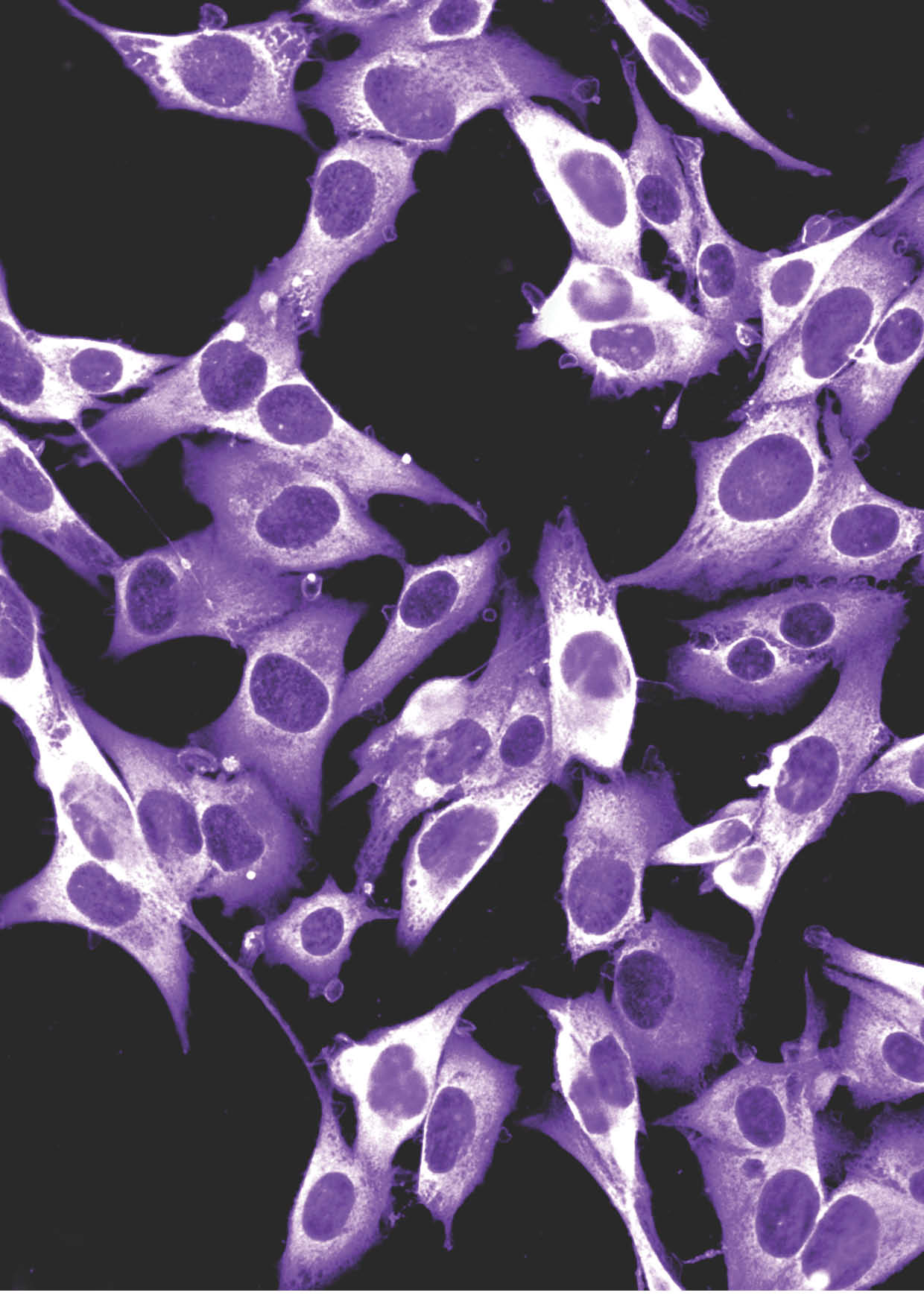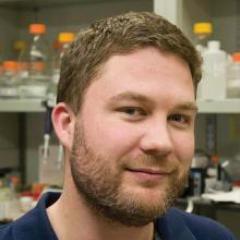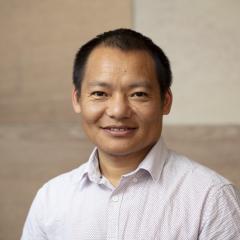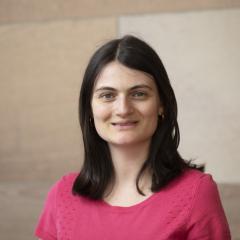Assessing DNA Replication Dynamics in Cancer
 Aim
Aim
The goal of this project is to develop long-read techniques to assess the dynamic properties of human DNA replication in cancer cells using nanopore sequencing.
Brief project outline
In cancer cells, oncogene-induced signaling and uncontrolled proliferation place enormous stress on the DNA replication machinery. The stress leads to an increase in the stalling and collapse of replication forks, commonly referred to as “replication stress”. Pathways that repair DNA damage associated with stalled replication forks or boost replication initiations (start sites) allow cancer cells to tolerate replication stress and drive resistance to widely used chemotherapies. Thus, targeting replication stress tolerance pathways represent a therapeutic Achilles’ heel in tumours. Given the importance of replication stress in cancer therapy, there is a critical need for assays that assess replication stress and link these measurements to chemotherapy sensitivity/resistance
Genomics-based innovative aspect of proposal
The information gathered in this project will be used to predict drug sensitivity and resistance to chemotherapy in melanoma and breast cancer. By directly assessing the functional properties of DNA replication in cancer cells this innovative approach places our research at the leading edge of personalised medicine.
Publications arising from this project
Pre-print: A high-resolution, nanopore-based artificial intelligence assay for DNA replication stress in human cancer cells (https://doi.org/10.1101/2022.09.22.509021)




